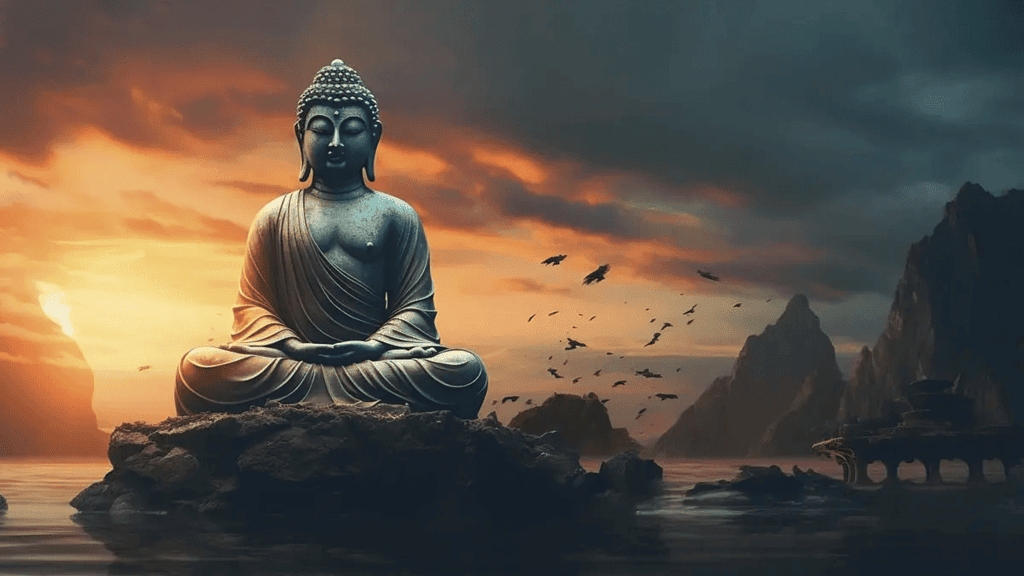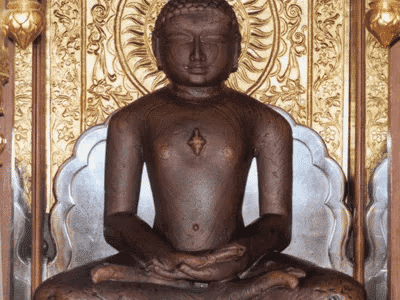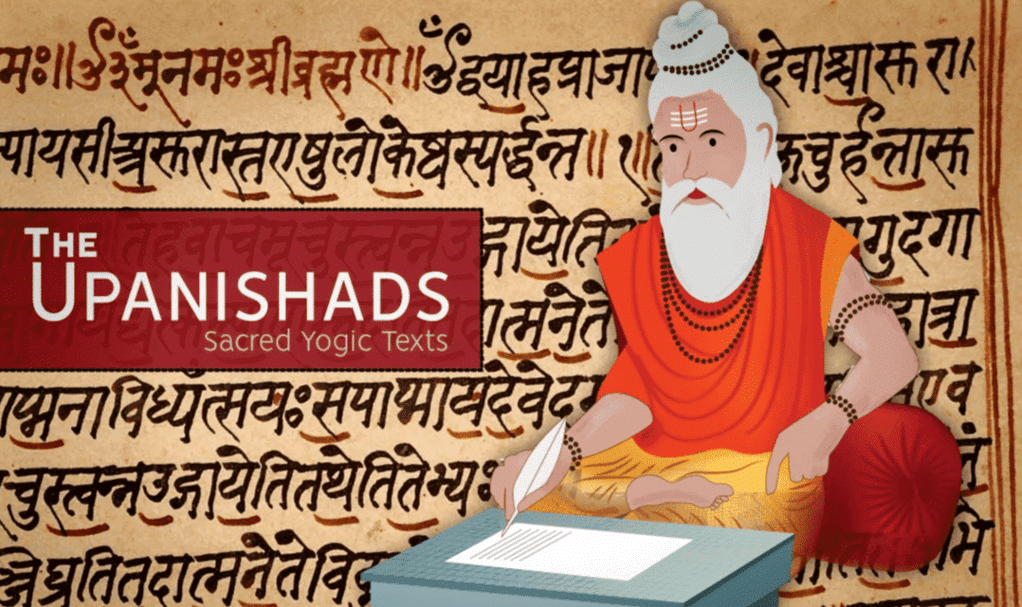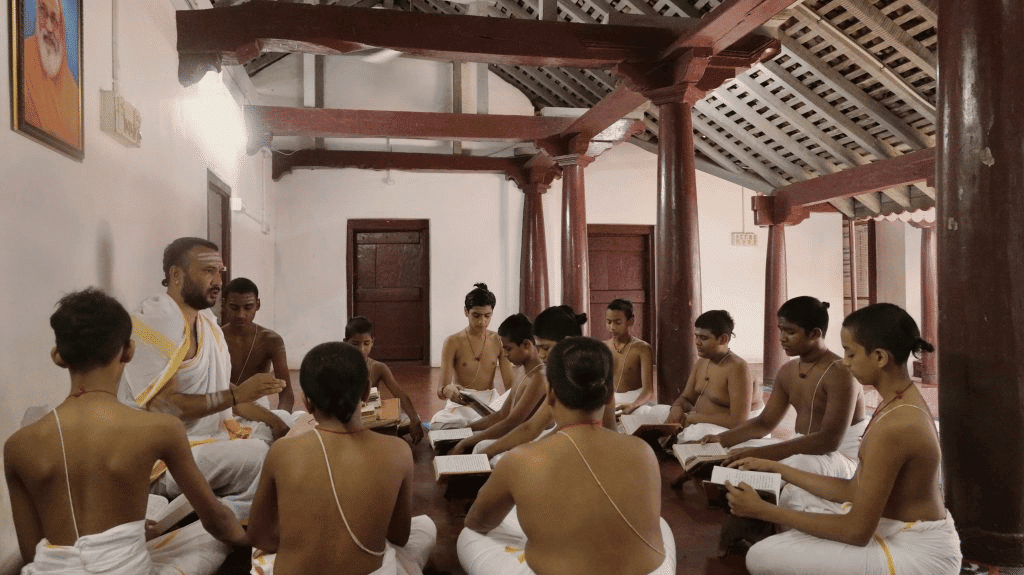Unit Test: India's Cultural Roots | Social Studies for Class 6 PDF Download
Attempt all questions. Time: 1 hour, M.M. 30
- Question numbers 1 to 5 carry 1 mark each.
- Question numbers 6 to 8 carry 2 marks each.
- Question numbers 9 to 11 carry 3 marks each.
- Question number 12 to 13 carry 5 marks each
Q1. How many Vedas are there? (1 Mark)
(a) Two
(b) Three
(c) Four
(d) Five
Q2. Fill in the blank: The Buddha was born in _______. (1 Mark)

Q3. True or False: Jainism accepts the authority of the Vedas. (1 Mark)
Q4. Which of the following is a core principle of Jainism? (1 Mark) (a) Anekantavada
(a) Anekantavada
(b) Yajna
(c) Ritam
(d) Brahman
Q5. Which of the following best reflects the Vedic concept of unity as expressed in the hymn "ekam sat vipra bahudha vadanti"? (1 Mark)
(a) All deities are separate beings with unique powers.
(b) The supreme reality is one, despite being called by many names.
(c) Truth is only accessible through complex rituals like yajña.
(d) The cosmos is chaotic and lacks a unifying order.
Q6. Explain the Vedic concept of ‘Truth’ as a value. (2 Marks)
Q7. What is the significance of ahimsa in Buddhism? (2 Marks)
Q8. How do tribal traditions view nature? (2 Marks)
Q9. Discuss how the Upanishads expanded Vedic ideas. (3 Marks)

Q10. Explain the shared values between Buddhism and Jainism. (3 Marks)
Q11. How have folk and tribal traditions enriched Hindu belief systems? (3 Marks)
Q12. Analyze the core principles of Buddhism and their impact on Indian culture. (5 Marks)
Q13. Discuss the evolution of Vedic schools of thought and their contribution to Indian spirituality. (5 Marks)

|
46 videos|231 docs|28 tests
|
FAQs on Unit Test: India's Cultural Roots - Social Studies for Class 6
| 1. What are the main cultural influences in India? |  |
| 2. How does India's geography affect its culture? |  |
| 3. What role do festivals play in Indian culture? |  |
| 4. How does art reflect India's cultural heritage? |  |
| 5. Why is understanding India's cultural roots important? |  |






















